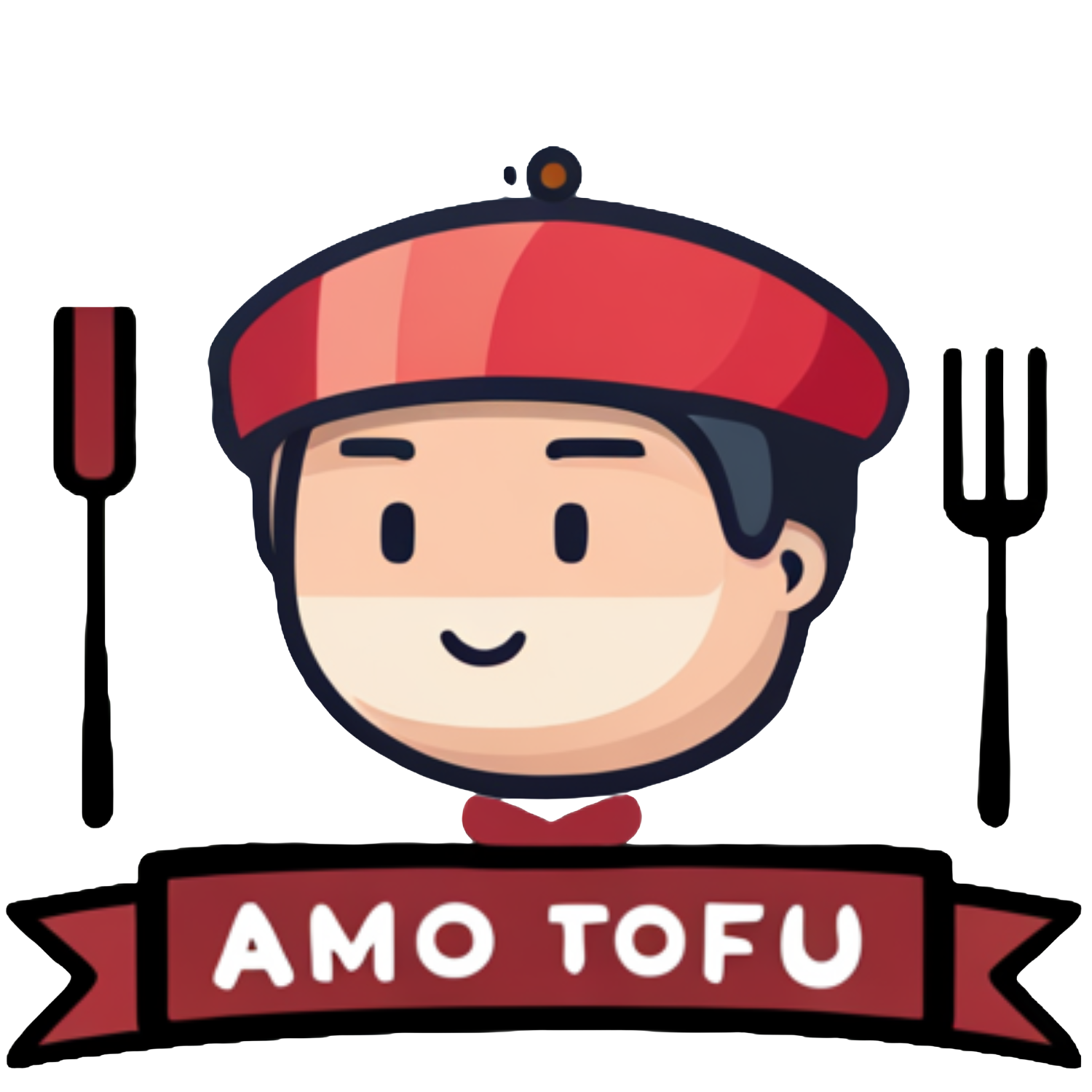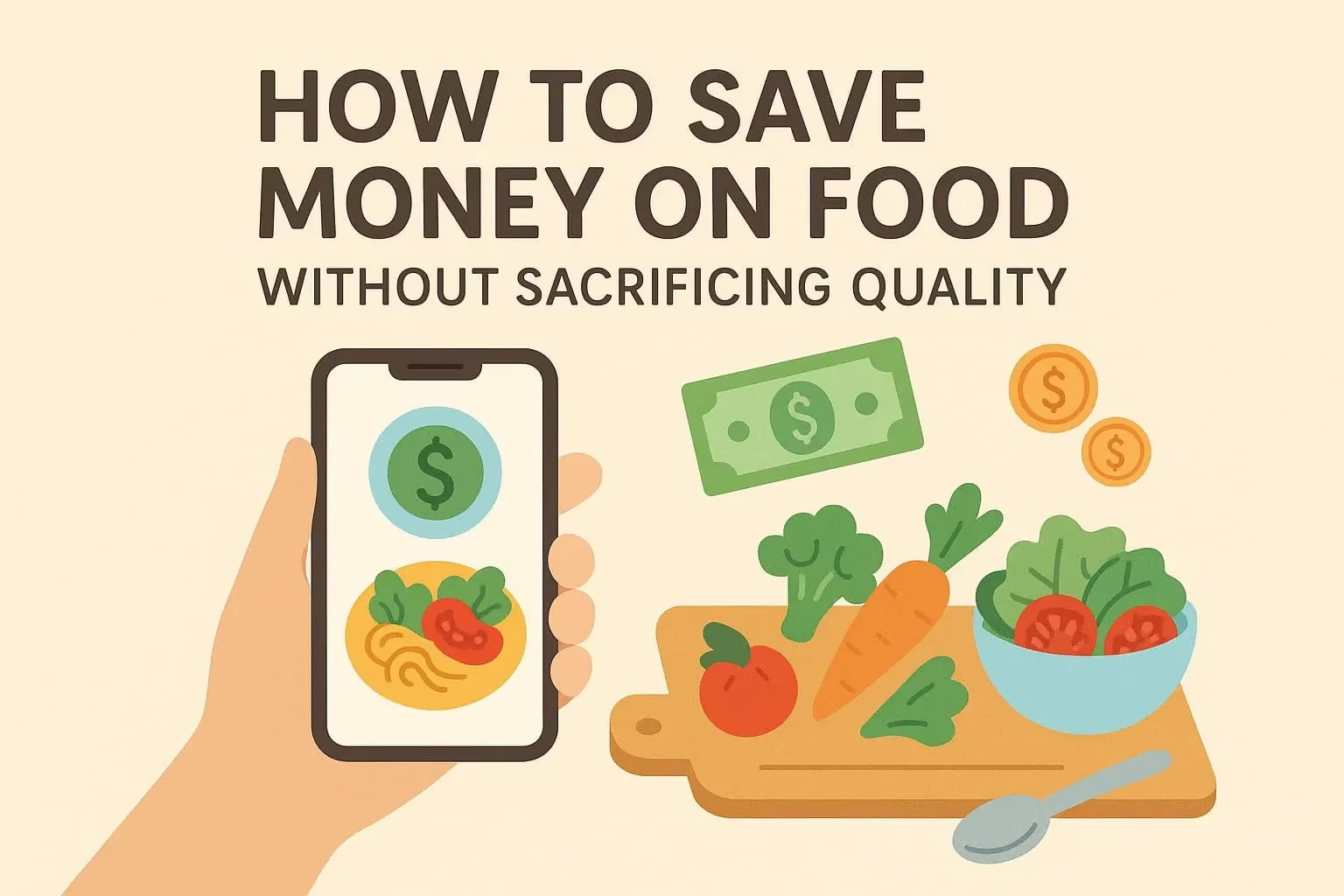We live in a culture that praises self-sacrifice, constant availability, and productivity above all else. In this world, choosing to prioritize yourself — your rest, your peace, your joy — can feel uncomfortable, rebellious, even selfish.
But the truth is, prioritizing yourself is not selfish. It’s radical. It’s an act of defiance in a society that tells you your value depends on how much you give, how much you do, and how little you ask for.
In this article, we’ll explore why putting yourself first is an essential part of extreme self-care, and how doing so can transform not just your own life, but the way you show up in the world.
The Cultural Pressure to Always Give
From a young age, many of us are taught to:
- Be helpful
- Put others first
- Stay agreeable
- Avoid conflict
- Be available, even when we’re exhausted
We internalize messages like:
- “Taking time for yourself is selfish.”
- “Good people always say yes.”
- “Love means putting others’ needs before your own.”
These messages can lead to chronic burnout, emotional disconnection, and resentment — all in the name of being “selfless.”
But at some point, something cracks. And that’s when you realize:
You cannot pour from an empty cup.
What It Really Means to Prioritize Yourself
Prioritizing yourself doesn’t mean you ignore others. It means you include yourself in the care you give.
It looks like:
- Saying no to commitments that drain you
- Taking rest seriously
- Speaking up when something hurts
- Listening to your body’s signals
- Making space for your own dreams
- Letting go of people-pleasing
- Being responsible for your happiness — not everyone else’s
It’s not about being selfish. It’s about being self-responsible.
Why It Feels So Uncomfortable
Putting yourself first might trigger guilt, fear, or discomfort. That’s normal.
You might think:
- “They’ll be disappointed in me.”
- “I’m being difficult.”
- “I should just push through.”
- “They’ll think I don’t care.”
But these thoughts often come from old patterns, not truth. Prioritizing yourself challenges deeply rooted programming — and that can feel threatening, even when it’s healing.
The key is to feel the discomfort and choose yourself anyway.
The Emotional Benefits of Choosing You
When you start putting your well-being first, you may notice:
- More emotional stability
- Increased self-confidence
- Less resentment toward others
- Better boundaries
- More space for joy and creativity
- A stronger sense of self
The people around you benefit, too. You become more present, more honest, and more grounded — because you’re not running on fumes.
How to Start Prioritizing Yourself (Without the Guilt)
1. Begin With Small “Self-First” Decisions
Practice in low-pressure moments.
Examples:
- Choose what you want to eat for dinner
- Block out 30 minutes for rest, even if chores aren’t finished
- Speak your true opinion in a group conversation
- Say “I need space right now” without apology
Every time you choose yourself, you build self-trust.
2. Make Rest Non-Negotiable
You don’t have to earn rest. You don’t need to prove you’re tired enough.
Prioritize sleep, downtime, and recovery — even if your to-do list is unfinished. You are a human being, not a machine.
3. Let Go of the Guilt
Guilt is a sign that you’re doing something new, not something wrong.
Try saying to yourself:
- “I am allowed to matter.”
- “Taking care of me helps everyone around me.”
- “This is what healing looks like.”
- “It’s okay to choose myself today.”
4. Stop Apologizing for Existing
You don’t need to apologize for:
- Needing time
- Wanting space
- Feeling your feelings
- Not answering immediately
- Saying no
- Being unavailable
You’re not rude — you’re reclaiming your life.
5. Schedule Yourself Into Your Life
You schedule work, errands, and social events. Why not schedule you?
Book time for:
- Rest
- Creative expression
- Joyful movement
- Nature
- Therapy or journaling
- Doing absolutely nothing
If it’s not scheduled, it usually doesn’t happen. Make time for yourself like you would for someone important — because you are.
Common Myths About Prioritizing Yourself
Let’s bust a few:
“It’s selfish.”
False. It’s a responsible act that allows you to care from overflow, not depletion.
“People will think I don’t care.”
False. The people who respect you will celebrate your boundaries. The rest were never honoring you to begin with.
“I’ll fall behind.”
False. Rest creates energy. Boundaries create focus. Saying no creates time. You gain clarity and efficiency.
What Prioritizing Yourself Looks Like (in Real Life)
- Turning off your phone for the night
- Leaving a party early without guilt
- Choosing a peaceful evening over another obligation
- Telling a friend you can’t talk today
- Cooking a nourishing meal just for you
- Letting yourself cry and not pushing it away
- Investing in your growth (books, therapy, courses)
- Asking for help instead of doing everything alone
Each of these actions sends a message to your soul:
“I see you. I’ve got you. You matter.”
Final Thought: You Are Not Optional in Your Own Life
You are not a supporting character, nor do you need to nullify yourself. Your purpose is to live—fully, joyfully, and consciously.
Prioritizing yourself is how you say:
- “I am not an afterthought.”
- “I will no longer abandon myself to belong.”
- “I love you enough to choose me.”
So take up space. Make the time. Say the no. Rest, reset, and rise.
Choosing you is the beginning of everything else.






